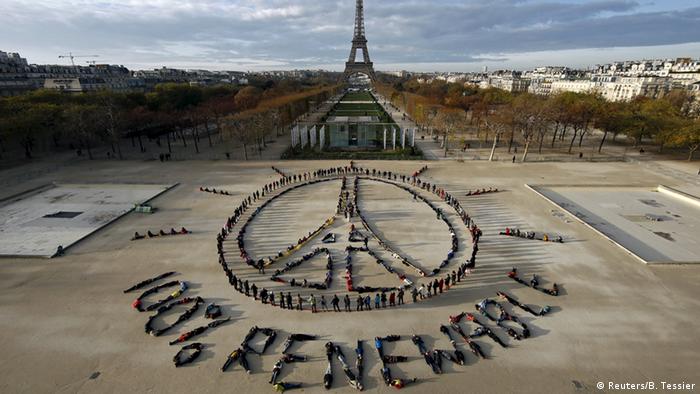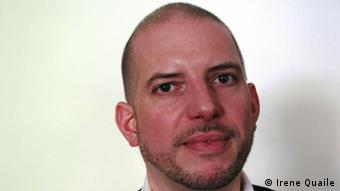A new report reviews the first year of the LEDS GP’s Bioelectricity Community of Practice in Latin America and the Caribbean, and outlines its key activities and outcomes.
From: http://ledsgp.org/resource/advancing-bioelectricity-lac-one-year-on/
No. of pages: 27
Author(s): Alexander Ochs, Philip Killeen, Ana Maria Majano
Organisation(s): LEDS LAC, LEDS GP
The Bioelectricity Community of Practice, run by the Regional Platform for Latin America and the Caribbean (LEDS LAC) and Energy Working Group, brings together LAC government leaders in charge of designing and implementing bioelectricity policies and programs. It gives them the opportunity to share tools for gathering and processing bioelectricity data to support decision-making. This report describes the activities of the Community of Practice from its inception in July 2016, and identifies the primary areas for tapping into biomass for electricity generation.
During sessions, practitioners applied what they learned to their individual country contexts and had the opportunity to discuss their results and collaborate on shared challenges with supporting experts across several online forums, including private Dropbox and LinkedIn groups.
The Community of Practice addressed key questions such as:
- How to assess a country’s bioelectricity potential?
- What technical challenges exist and how can they be addressed?
- What support policies and measures exist, and how can they be integrated in a country’s existing legal framework?
- How to create effective and cost-efficient administrative procedures?
- What do national and international commercial banks and public funders look for?
- How to design fundable and attractive Nationally Appropriate Mitigation Actions (NAMAs) and Nationally Determined Contributions (NDCs)?
Participants noted that governments in the LAC region often lack access to quality data and tools to evaluate alternative options for bioelectricity development. Some of the knowledge gaps identified included a lack of: information on developing effective communication and collaboration between government ministries; research on available technologies, regulations, and resource assessments for electricity generation from agricultural biomass; and case studies of successful bioelectricity generation in other countries. However, country members also felt that through bioelectricity is not only a low emission alternative to fossil fuels, but economically viable as well. Opportunities such as accessing private sector finance, aligning national and subnational energy policies, and building public consensus on NAMAs could help realize its potential.
Workshop facilitators collaborated with the attendees to design 2017 work plan for the Community of Practice to be supported by LEDS LAC and the Energy Working Group. The 2017 work plan picks out the following priority areas:
- Designing a comprehensive process for bioelectricity policy development;
- Assessing resource potentials for bioelectricity;
- Understanding markets and tradeoffs; and
- Creating attractive bioelectricity markets.
The work plan outlined in detail in the report provides a comprehensive starting point for Community of Practice members to more effectively communicate bioelectricity sector risks and opportunities to their home institutions. On its own, however, this framework cannot catalyze the transformative change that members hope to achieve. In order to build on progress made in 2016, the report recommends continued group-oriented activities and country-specific technical assistance.







